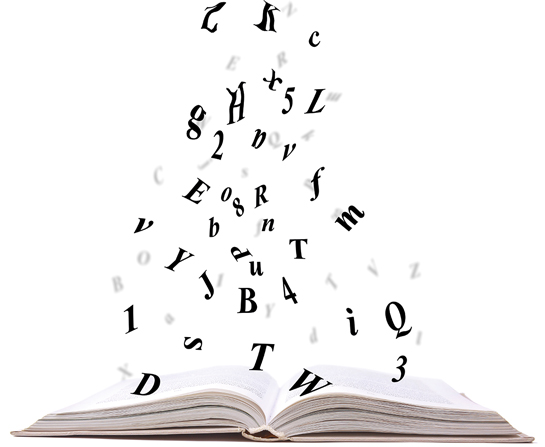Helping Children with Dyslexia: Mommy, why can’t I write like other people?
May 8, 2022 Return


Selina Ding Wai Eng Educational and Clinical Psychologist, Ding Child Psychology Centre
Selina Ding reads dyslexia better than most, as she is one of the few child development specialists in this country who are heavily invested in developing programmes for dyslexic children.
Dyslexia: what is it?
“Dyslexia is more than just a reading problem,” explains Selina. “It is actually a layman term used to describe a specific learning disorder.” She goes on to explain that there are three types of learning disorders – impairment in reading, spelling and mathematics. Dyslexia generally refers to impairment in both reading and spelling, while dyscalculia refers to the impairment in counting and solving mathematical problems.
“Some children may suffer from all three disorders,” she explains, “while others may only have reading and writing issues.” Some children may be able to read like normal children, but they cannot write like normal children. Selina considers these children dyslexic as well.
At a glance
It is a neurological disorder, a condition that affects the brain or the connecting nerves. According to Selina, we do not know yet for sure how dyslexia comes about. “Some say it can be caused by a genetic predisposition – which is to say, a child has a higher chance of developing dyslexia if there is a family history – but there is also evidence that it can occur in a child even without family history,” she adds.
Dyslexics are not stupid. “The first criteria in the diagnosis of dyslexia,” explains Selina, “is that the child shows intelligence within the normal range, while his or her academic achievements are lower than those of his or her peers.”
Dyslexia cannot be cured. It is a lifelong condition and the tendency to make dyslexic mistakes will always be there. However, intervention helps the dyslexic child to read and write to the best of his or her abilities, by teaching the child how to adapt to the condition.
Diagnosing dyslexia
While there are many free “self-test” services available online, a clinical or educational psychologist is the most qualified person to diagnose whether someone is dyslexic. Another advantage of consulting a psychologist over using an online checklist is that the psychologist will be able to tailor a suitable programme for your child.
Should the parent be concerned? According to Selina, parents may consider sending their child for an evaluation by a clinical or educational psychologist if the child has received ample educational exposure for someone his or her age, but the child’s performance is not at the same level as their peers.
Even if the child may not be dyslexic, the evaluation can help identify other problems that may be present.
Should the parent wait until the child is older? Some parents may want to wait until the child is older, often in the hope that the child will overcome his or her learning difficulties eventually. However, Selina points out that earlier is actually better. If the child is diagnosed and receives help before he or she starts primary school, for example, the child will be in a better position to fit in with the class and catch up with his or her studies.
What is the diagnosis process like?
- Getting to know the child’s background. Selina explains that, when a child is sent for evaluation, the first step is a thorough evaluation of the child’s developmental history, family history and schooling history. The child’s school books, report cards, teacher’s referral (if any) and such can also be evaluated to determine whether the child’s academic performance is within the normal level of children of his age.
- Testing for dyslexia. In the next session, the parents will bring the child for a series of assessments. The session may take a few hours. The child will be tested on his or her IQ as well as his or her ability to read, write, do maths, speak and comprehend what he or she is reading. These tests are all based on international standards, and have been used to successfully diagnose children with dyslexia and other learning problems. Some parents may be surprised at how thorough the tests can be. This thoroughness is necessary to rule out other possible reasons for the child’s apparent learning difficulties.
- Is there a problem? The psychologist would analyze the results of these tests as well as the child’s background to determine whether the child has dyslexia. Once there is an official diagnosis, the parents can then choose to send the child to an intervention programme that will help the child continue to still learn and thrive despite his or her dyslexia.
If you like this article, do subscribe here.
